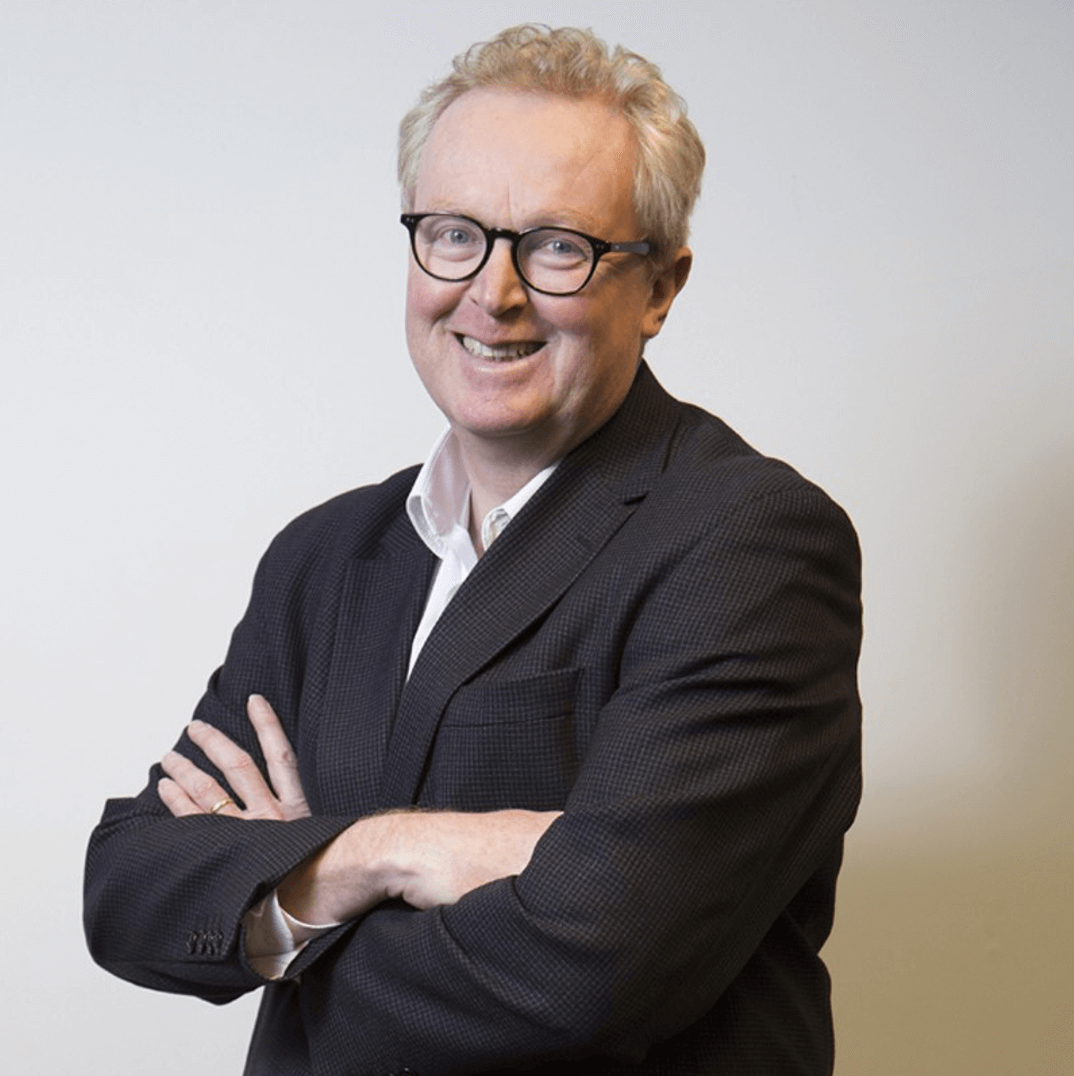31 January 2018
Nick McNaughton
CEO, ANU Connect Ventures
Master of Business Administration (MBA)
 Almost three decades of working at the coal-face of commercialising promising technology has given Nick McNaughton, CEO of ANU Connect Ventures, a front row seat to the extraordinary changes we experience today thanks to the innovations generated by bright minds.
Almost three decades of working at the coal-face of commercialising promising technology has given Nick McNaughton, CEO of ANU Connect Ventures, a front row seat to the extraordinary changes we experience today thanks to the innovations generated by bright minds.
Nick currently drives ANU Connect Ventures, a $27 million fund to take promising research from the Australian National University, University of Canberra, Charles Sturt University and other Canberra based start-ups into the next phase of commercial viability. He is also a successful angel investor who is particularly interested in projects that offer the potential to answer some of society’s biggest challenges.
“In Australia we have this incredibly creative and inventive pool of entrepreneurs who are great at coming up with ground breaking discoveries. Our challenge as a country is we are not so good at commercialising these inventions. We need to work on the commercialisation side of the equation,” says Nick.
Nick started his career in the technology industry working for the software subsidiary of Apple Computer. He set up their Asia office.
“I would spend a couple of weeks each quarter in the US learning how the Americans sold technology. The US is the best in the world at marketing and selling technology – we have much to learn from them.”
His second gig took him to the East Coast of the US where he was working for Allaire who created the popular web development tool ‘ColdFusion’ which took the world by storm in the late nineties.
On moving to Australia, Nick started to focus more of his time on angel investment – private financing to help promising business start-ups move their venture to the next stage and attract venture capitalists.
“In terms of angel investing, one of my most exciting projects is Windlab, a renewable energy technology developer in Canberra. They use a proprietary software algorithm to identify locations around the world to build Wind Farms. It’s a great example of smart technology being used to provide new, clean energy. We just listed them on the ASX (WND).
In 2009 Nick also decided to undertake an MBA having wanted to do one for most of his professional life. After extensive research he chose UniSA due to the unique factors of the course including the ability to study online, part-time and complete his study within two years. He was also particularly impressed by the opportunity to foster international business experience.
“I chose UniSA because it allowed me to carry on working full-time but also include study projects in Denmark and China. I have been immensely happy with the program, the people I met and the outcomes of my studies.
“Australians are unique for their curious and inventive nature. In many ways we have had to be in order to survive. We live on an island and we are thus forced to be self-reliant, to travel and understand the cultures, languages and systems of our neighbours and allies in order to grow our concepts – this makes us incredibly worldly and open to learning and adapting.
“Through my work and studies I have travelled extensively which has encouraged my creativity and taught me innumerable skills. Each country presents different challenges for business due to different cultural and business norms. These experiences offer valuable chances to learn, so I would like to see more programs encouraging international experience for students and graduates.”
As for the future of technology and opportunity in Australia, Nick believes the future is only getting brighter as we move from the technological age into an age of innovation.
“There has never been a better time in the history of humanity to become an entrepreneur. We need to encourage our students and graduates to do it - go start their own business or develop their ideas. The future of Australian employment and opportunity will be driven by these new discoveries and inventions.”
Nick believes we will soon see huge advances, particularly in life sciences and artificial intelligence where there has been considerable global investment. However these advances pose new challenges.
“I truly believe that we will soon eradicate our greatest scourges – diseases like cancer, heart disease etc. It's no longer a matter of if, but when. But this does put immense pressure on our planet as we live longer, our population increases and we need more resources.
“The next big area for tech focus will certainly look at addressing these problems because they will need to. Things like food production, resource availability, water care and management, energy production etc.
“We must find better ways of living on this planet – so technology will play a critical role not just in how we take care of ourselves but also how we can live more sustainably.”
Nick also sees the Australian Government’s recent announcement about a space program opening many doors for business.
“Australia has already achieved incredible progress in this area on an international level and with this announcement we will see a new dawn for this industry soon.
“UniSA is already positioned well in this climate - in fact you are already a leader with your team of innovators who are world leaders in nanosatellites.
“Ultimately there are exciting times ahead but challenges as well – for our health, our environment and our children, but I think we are already tackling these problems well and we will see incredible changes in the years to come.”




